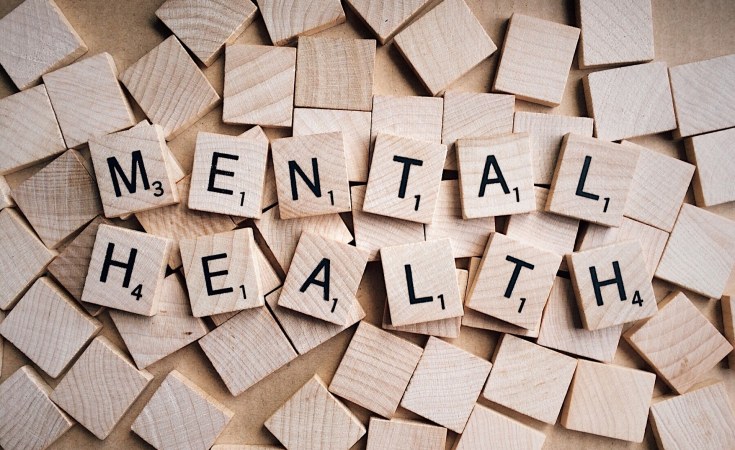Mental health is a never-ending pressing issue around the world, especially among the youth, with a significant increase in cases of depression and anxiety in recent years.
In Rwanda, the situation is no different, with a staggering number of youth reported to be struggling with mental health challenges.
For instance, in October 2022, Ndera Neuro-Psychiatric Teaching Hospital reported that it had received 7,817 patients battling depression compared to 1,743 recorded the previous year. Among them, children under the age of 19 represented 20 per cent.
In a bid to tackle this issue head-on, Mental Health Journal Rwanda, a local student-led organisation has embarked on a high school mental health campaign aiming to improve the mental health and psycho-social well-being of adolescents and young adults.
It also aims at encouraging help-seeking among the age group as they are at high risk compared to others, hence ending stigma through mental health education.
On March 1, 2023, the organisation held a campaign at Glory Academy (Gisozi) in collaboration with the University of Rwanda and the World Health Organization (WHO) to discuss with students their role in taking care of mental health.
Dr Augustin Gatera, representing WHO, highlighted the significant role that the environment plays in mental health and well-being.
He explained that negative environments can lead to mental illness and difficulties in daily activities, such as poor school grades, adding that lack of emotional support from trusted friends can further worsen mental health issues.
To promote mental wellness, WHO is focusing on supporting the mental health of children from a young age to ensure sustainable well-being. This includes addressing mental health issues among the youth.
Dr Gatera emphasised that promoting open dialogues between parents and children is essential for boosting mental wellness within families, particularly among children.
Seeking support from loved ones or professionals can also help individuals cope with mental health challenges, he added.
Dr Augustin Nshimiyimana, who represented the University of Rwanda, provided insights into the causes of mental health issues among the youth.
He emphasised that parental neglect of children's emotions can lead to poor mental health if left unchecked.
Dr Nshimiyimana also highlighted the prevalence of myths surrounding mental health, such as the belief that mental health issues are caused by demonic possession, or that it is attention-seeking behaviour, and stressed the importance of recognising mental health issues as valid and significant, just like physical ailments.
He further explained that lack of information about mental health contributes to these myths, but with increased awareness and education, society can gain a better understanding of mental health issues.
Kwizera Rulinda, the board chair of Mental Health Journal Rwanda, highlighted the vulnerability of adolescents to mental health concerns.
He noted that about half of all mental health conditions start by the age of 14 and often go undetected and untreated, adding, however, that proactive campaigns aimed at educating people about mental health can make a significant difference.
According to Rulinda, mental health education is essential for caregivers, parents, and guardians to better understand how to identify changes in adolescents' and youths' behaviour.
"This knowledge will enable them to engage in conversations and take potential steps to address the challenge at an early stage," he said. "By increasing awareness and understanding of mental health issues, individuals can take proactive measures to support their loved ones and address mental health challenges before they become severe."
Alphonse Sibomana, Principal of Glory Academy, emphasised the importance of raising awareness about mental health among students, declaring that several campaigns are necessary to increase understanding and knowledge regarding mental health issues.
According to Sibomana, providing students with information about mental health will enable them to explore the topic further and understand its significance. By increasing awareness and understanding of mental health issues, students will be better equipped to recognise and address the mental health challenges they or their peers may face.
Shekinah Mudakikwa, the president of the Mental Health Club at Glory Academy, said that mental well-being is when one can 'decently' control their emotions, behaviours and thoughts.
Mudakikwa also shared how she maintains her mental well-being, declaring that whenever she feels low, she engages in activities that make her mind relax. These, she said, include reading books and exercising.
According to the World Health Organisation (WHO), globally, one in seven 10-19-year-olds experiences a mental disorder, accounting for 13 per cent of the global burden of the disease in this age group. Moreover, suicide is the fourth leading cause of death among 15-29 year-olds.


